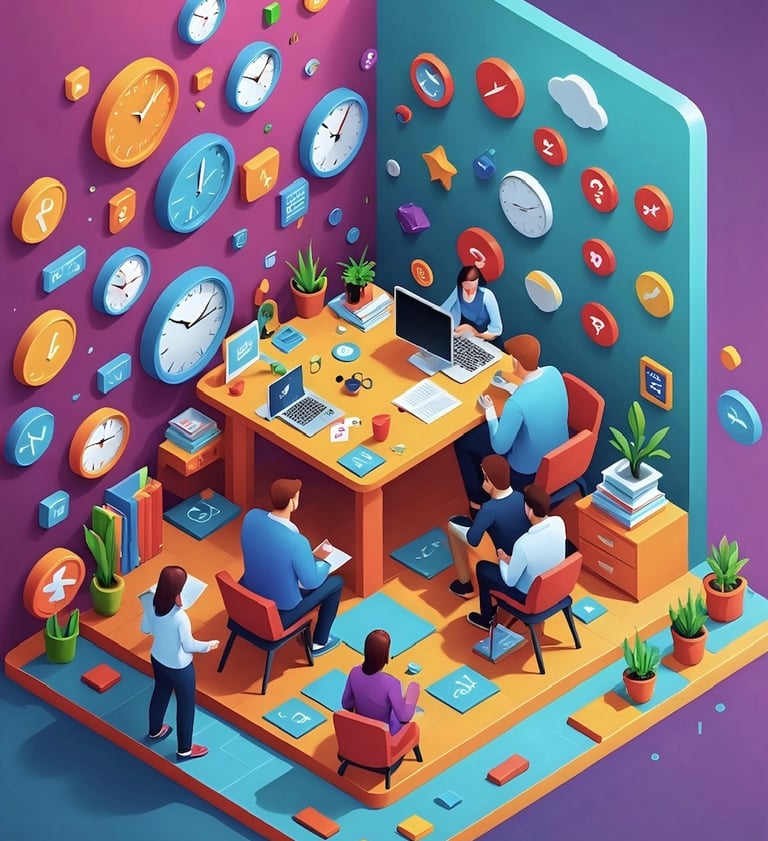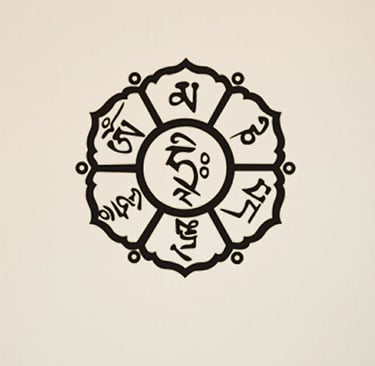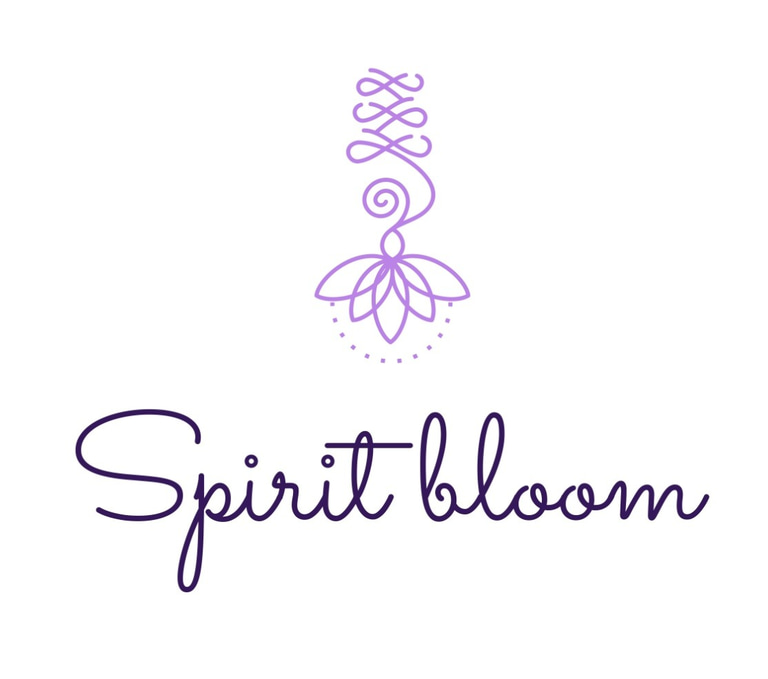
MASTERY
Takeaways from Time Management Series - Making Great Decisions, April 6, 2025
Differentiate Between Short-Term and Long-Term Impact
Not all decisions are equal — weigh whether the outcome affects just the moment or shapes your future. This helps you focus your energy where it matters most.Prioritize Quality Information
The best decisions come from the best data. Seek out current, credible, and relevant sources before locking in your directionDon’t Decide Alone — Get Feedback
Ask for perspectives from people you trust. The right feedback can uncover blind spots and sharpen your judgmentClarity Beats Perfection
Waiting for a “perfect” choice often leads to delay. A clear, good-enough decision made today usually beats a perfect one made too lateProcrastination is a Decision
Delaying a decision is still making one — often by default. Being passive can have real consequences, so choose consciouslyUse Time as a Decision Filter
Ask: “Will this matter in a week? A year?” This simple check can reveal whether you’re overthinking or underestimating somethingCreate Space, Then Commit
Give yourself room to consider options — but once a decision is made, commit fully. Waffling wastes both time and momentumRevisit and Adjust When Needed
A strong decision-maker isn’t rigid. Circumstances change — your decisions can too.Build a System, Not Just a Moment
Great decision-makers often rely on repeatable frameworks, not gut feelings. Think about how you decide, not just what you decide.Decision Fatigue is Real — Simplify Where You Can
Reduce low-stakes choices (like what to wear or eat) to preserve energy for decisions that actually move the needle.


Series I: A Sense of Time - virtual session on time management
April 3, 2025
Here are the key takeaways and insights shared by the participants via our virtual session and walk along Tidal Basin:
Time Can’t Be Managed — You Can
One of the biggest mindset shifts was recognizing that time is constant; the only variable is how we choose to manage ourselves within the time we have.Have a Realistic Sense of How Long Things Take
Most participants realized they underestimate how long tasks take. Building awareness of actual time required helps prevent over-scheduling and burnout.Track Your Time to Reveal the Truth
Several members shared that logging their time for a week gave them clarity on where time was really going versus where they thought it was going.Break Projects Down into Smaller Time Units
A common success strategy was breaking large tasks into 15–30 minute chunks, making them easier to estimate and fit into busy schedules.Distinguish Between “Busy” and “Productive”
Participants discussed how staying busy doesn’t always mean being effective. The real focus should be on progress, not just activity.Use Time Buffers to Avoid Cramming
Many agreed that adding buffer time between tasks helped reduce stress and made schedules more flexible when unexpected things came up.Time is Emotional, Not Just Logical
The group reflected on how emotions like dread, boredom, or perfectionism often distort our time estimates or cause procrastination.Say No to Protect Your Time
Learning to say no — or at least “not right now” — was emphasized as a powerful form of self-management and boundary-setting.Your Energy Affects Time Perception
Participants noted that their energy levels often determined how long something felt — being tired made everything seem longer and harder.Time Awareness Builds Through Practice - Everyone agreed that developing a true sense of time is like building a muscle — it improves over time with intentional practice and reflection.


Tidal Basin, D.C.
September 17, 2024 Moon Festival Q&A
1. How can I better prioritize my work and life better?
A: Great question and you can try the following steps!
1. IDENTIFY: we can start with listing everything you believe is important, for both personal and professional goals. Think about Aristotle's idea of the "highest good", ask yourself: What activities align with my long-term well-being and happiness? These should be at the top of your list.
2. CATEGORIZE: Then, do research on how to get to these goals and try to plan enough time for them. Categorize your list into urgent vs important. Refer to Stephen Covey's "First Things First" principle: The key is not to prioritize what's on your schedule, but to schedule your priorities. Focus on what will have the most significant long-term impact, rather than what's immediately pressing.
3.TIME BLOCKING: After that, dedicate specific blocks of time in your calendar to work on each priority. For instance, if health is a priority, schedule daily exercise sessions. Seneca reminds us " it is not that we have a short time to live, but that we waste a lot of it." By assigning time blocks, you ensure you're investing your time wisely and not wasting it on distractions.
4. DAILY REVIEW: Each morning review your schedule and tasks, and make adjustment if needed, and ensure that the most important tasks are given enough time.
5.REFLECT & ADJUST: At the end of the week, review what you accomplished. Did you stick to your list? If not , adjust your approach for the following week.
6.INTEGRATE MINDFULNESS: Practice meditation or mindfulness to stay centered and aware of your goals. Stay present in your tasks, and give them your full attention.
Practical tools: Get a paper planner in combination with a digital planner like Google calendar for best results. Remember that it takes a few weeks to truly feel like you are in the zone, so plan wisely and take it slowly. Reward yourself some ice cream or chocolate when you complete your list!
spiritbloominc@gmail.com
Spirit Bloom© 2024. All rights reserved. A registered non-profit organization.

